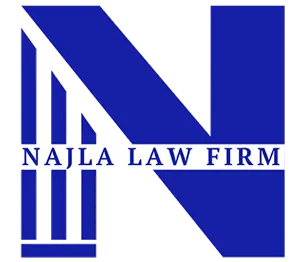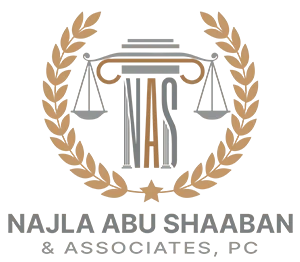
E-Discovery has revolutionized legal practice in the US to the point where electronic evidence is part of legal proceedings. The vast amount of digital information means that lawyers must be cognizant of legal and technical subtleties of E-Discovery in a way that would prevent errors and wastefulness.
Key E-Discovery Issues of Concern to Lawyers
- Legal Framework
Federal Rules of Civil Procedure (FRCP) govern E-Discovery in the United States. Rule 26 establishes the obligation to produce electronic records that are responsive, and Rule 34 mandates production of electronically stored information (ESI) in a form that can be used by the requesting party. Knowledge of such rules is crucial for legal teams handling digital evidence. - Data Preservation and Collection
Data preservation is likely one of the largest E-Discovery challenges. Inadequate preservation of key ESI will lead to spoliation sanctions. Law firms need to advise clients regarding how to put litigation holds in place so that important evidence is not lost. - Processing and Review
Because of the enormity of the electronic files, lawyers need effective tools to weed, remove duplicates, and assess information rapidly. Artificial intelligence and predictive coding become more in-demand to automate review of documents and maintain attorney-client privilege and confidentiality requirements. - Cost Management
E-Discovery is expensive, particularly in a complex case with large data sets. Law firms have to weigh cost-effectiveness against compliance with the law with such tools as the use of early case assessment (ECA) and document review outsourcing with law technology providers. - Compliance and Cybersecurity
Law firms must make their E-Discovery processes GDPR and CCPA data privacy compliant while handling cross-border litigation. Secure communication and secure storage of data are crucial in an attempt not to violate or grant unauthorized access.
At Najla Law Firm, we assist our clients in becoming proficient in the complexities of E-Discovery with precision and legal expertise. From collection to court presentation, our specialists adhere to US legal standards while protecting client confidentiality.
E-Discovery expertise is now no longer a luxury–it is essential to legal professionals engaged in litigation in the age of information. Getting it right with the right techniques and legal counsel may be the difference between triumph and defeat in building a strong case.

